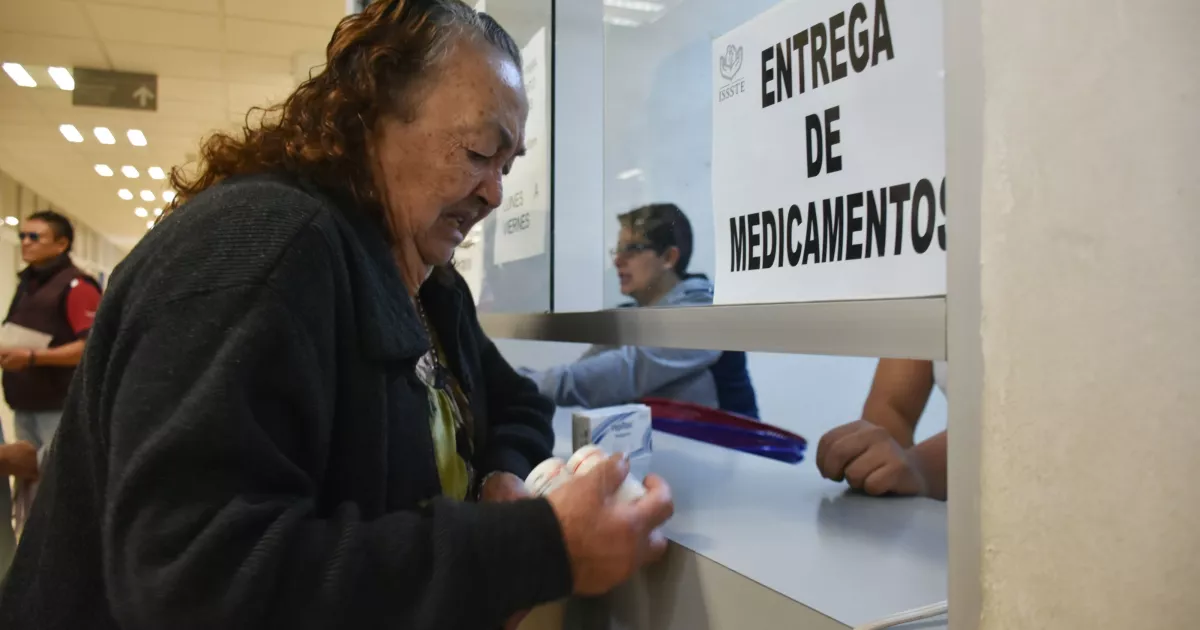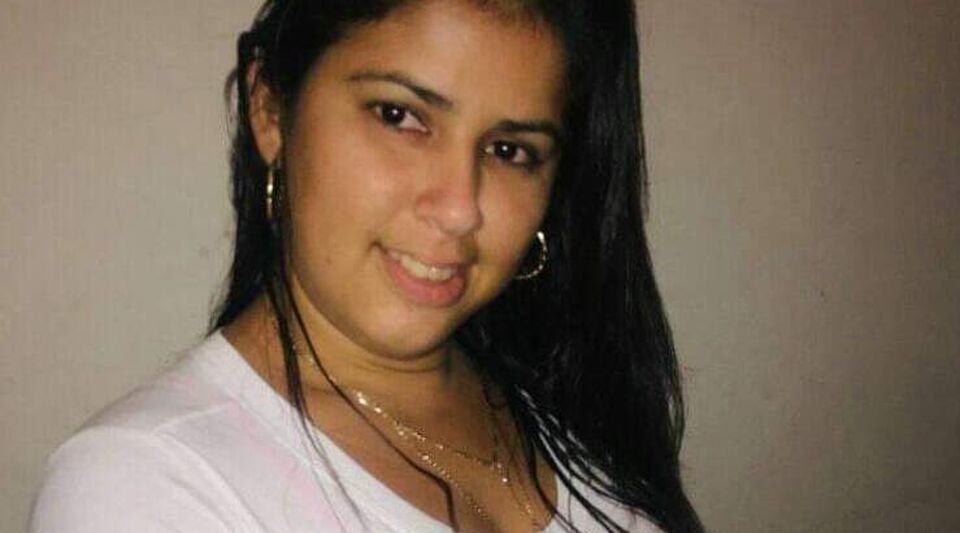Even in April of that same year, without conclusive evidence, but as a “preventive measure”, the president vetoed three companies so that they did not participate in public tenders. They were Grupo Fármacos Especializados, Farmacéutica Maypo and Distribuidora Internacional de Medicamentos y Equipo Médico, which he accused of engaging in monopolistic practices.
“A company that sells more than 30% of all medicines, well, it does act or there may be a monopolistic practice contrary to the Constitution, which is the law of laws, which is the supreme law,” López Obrador said at the time.
As the drug shortage problems did not end, the president accused the pharmaceutical companies of wanting to weaken his government so that it would continue buying medicines from them.
“Now we are under pressure because they don’t like what we are deciding. Do you know that close to 90,000 million pesos of medicines were bought each year, and all that medicine was bought only from 10 companies. A big business and there were no medicines. Well, that’s over now, ”he declared in May 2019.
To combat these acts, which he described as corrupt, the President of Mexico approved different strategies. First, the creation of the Institute of Health for Well-being (Insabi), an organization that, in addition to replacing Seguro Popular in 2020, would take charge of the purchase and distribution of drugs.
Later, the authorities signed an agreement with the United Nations Office for Project Services (UNOPS), in which the purchase of medicines was entrusted to this international organization.














